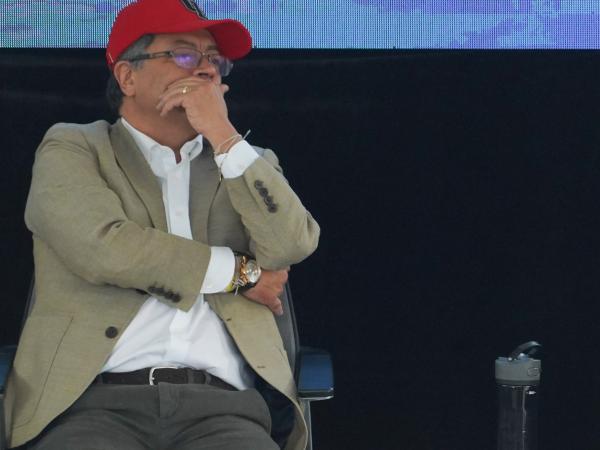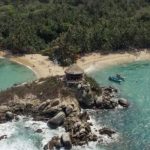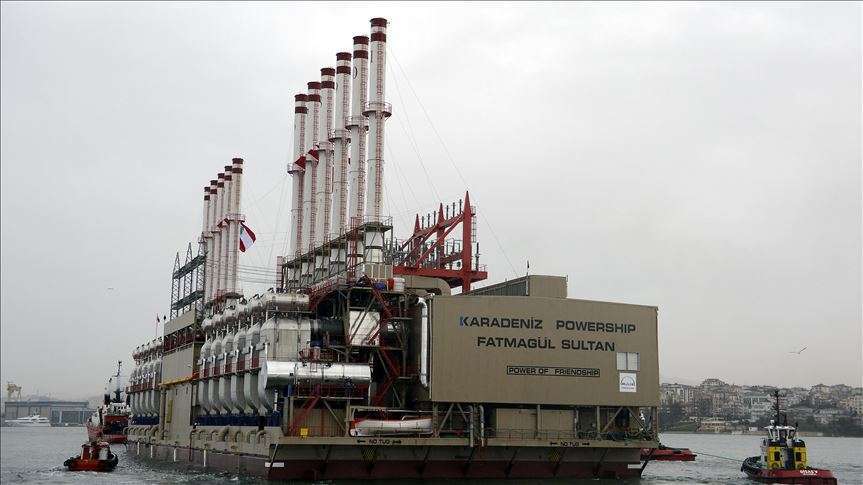The Chamber of Administrative Litigation of the Council of State He decided provisionally suspend decree 0227 of 2023 with which the president Gustavo Petro took control of the regulation of public services in the country.
(See: Attorney General opens investigation into Nicolás Petro, son of the President).
“The urgent precautionary measure of provisional suspension of the legal effects of Decree 227 of February 16, 2023, an administrative act signed by the President of the Republic, by the ministers: Finance and Public Credit, Mines and Energy, and of Housing City and Territory, and by the Director of the Administrative Department of National Planning, in accordance with the reasons stated in the present provided“, decided the Council of State.
The position of the high court was given in response to a request for an urgent precautionary measure presented by Julián David Solorza Martínez and Lucas Arboleda Henao.
The plaintiffs requested, precisely, the provisional suspension of the legal effects of decree 0227 of February 16, 2023.
(See: They suspend the decree with which Petro assumed regulation of services).
It is worth remembering that said document had been signed by the President of the Republic, Gustavo Petro; by the ministers of Finance and Public Credit, Mines and Energy, and Housing, City and Territory, and by the director of the Administrative Department of National Planning.
This measure of the judicial entity is the second that is taken in less than a week against measures of the National Government. Manuel Gomez, an expert in public law from Cuatrecasas, explained that the first was taken after the presidential directive on contracts for the provision of services.
(See: The points to analyze to freeze the electricity bill, according to companies).
Solorza Martínez and Arboleda Henao argued Various reasons for the request for suspension of the decree.
The first of them was that it was breached “the duty to make known to the associates, at least 15 calendar days in advance, the draft regulation that served as support for the accused administrative act”.
They also argued that this decree andit was flawed with nullity. This “to the extent that the first president of the Nation was not allowed to assume functions assigned by the Political Constitution to the legislative power; for having been issued without competition, since the rate system for residential public services is subject to legal reserve; for having been issued with false motivation, since it was not known that, in matters of regulation of public services, the Constitution enshrined specific powers to the President and other authorities, prior express authorization by the Congress of the Republic, and for having been issued with infringement of the superior norms on which it should be based”.
(See: How viable is Petro’s proposal to democratize energy?).
Precisely, the plaintiffs indicated that the president could resume only those functions explicitly delegated and not those that through Congress would have been delegated.
Public services.
TIME
What does Decree 0227 say?
The document said that the president would resume the general functions delegated to the C.omission of Regulation of Drinking Water and Basic Sanitation (CRA) and the Commission for the Regulation of Energy and Gas (Creg).
(See: ‘The decrease in energy rates does not wait’).
This decision was made based on article 68 of Law 142 of July 11, 1994.
Of course, the decree established that the regulatory commissions would continue issuing the administrative acts of a particular nature that they exercise and that the president could request technical supports to the regulatory commissions and other entities of each sector.
Finally, it came into force from its publication, that is, on February 16, 2023, and would last for three months, that is, until May 16, 2023.
(See: Decree to take over functions from Creg could be unconstitutional).
Until now, No determination had been issued in this regard.
BRIEFCASE

















